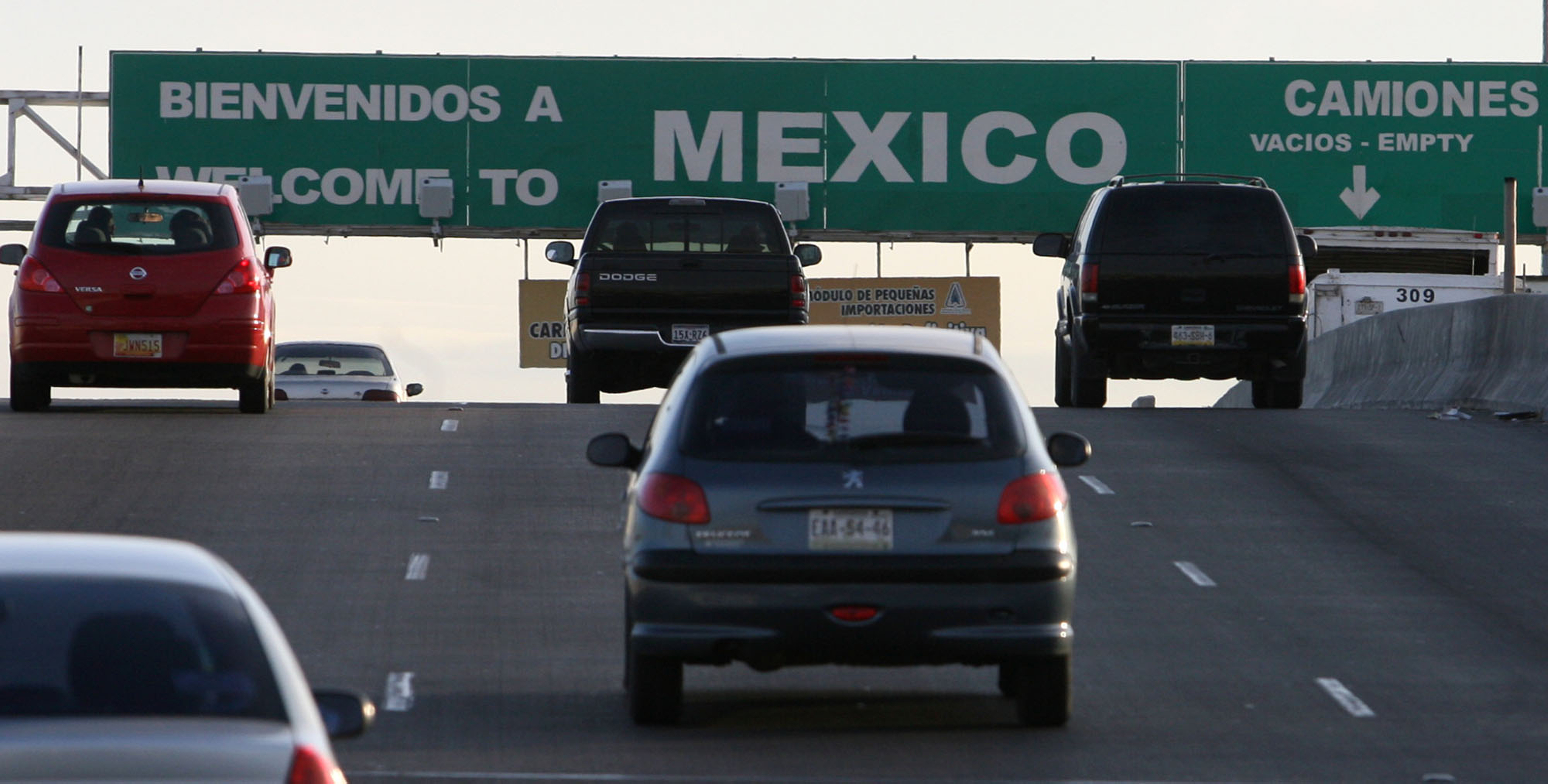Record Settlement Reveals The Horrifying Reality Border Communities Face

By:
The ACLU announced a record settlement of $475,000 this week, paid by the U.S. Customs and Border Protection to an unidentified New Mexico woman who was illegally subjected to vaginal and anal searches after entering the U.S. from Mexico at a point of entry in El Paso, Texas in 2013.
 Associated Press - apimages.com
Associated Press - apimages.com
According to her original citizen complaint, the woman known as "Jane Doe," a 54-year-old U.S. citizen, was returning to the U.S. after visiting a close friend in Ciudad Juarez, Mexico when a drug-sniffing dog jumped on her, an alert to the CBP that set off six hours of multiple bodily cavity searches.
At the initial strip search at the port of entry, a CBP agent “examined her anus with a flashlight.” Next, another female agent “parted Ms. Doe’s vulva with her hand, pressed her fingers into Ms. Doe’s vagina, and visually examined her genitalia with a flashlight.” The complaint details that Doe did not consent to the searches, was humiliated, and began crying.
Her nightmare did not end there.
After the CBP taped her pant cuffs to her body and “forcibly transported” her to the University Medical Center in El Paso, she was given a laxative and endured an observed bowel movement, an X-ray, a “forced gynecological exam,” and a CT scan — all with the help of hospital personnel.
To add insult to injury, the lawsuit states that after the ordeal, CBP told her that the government would only pay for her medical bill if she signed a consent form to prove that she had consented prior to the searches. If she didn’t, she was responsible for the bill. She refused to sign the form and later received a bill of more than $5,000, which she didn’t pay. Instead, a year later, she filed a lawsuit.
“What I try to emphasize with this case is how vulnerable we all are,” said Micah McCoy, the communications director of ACLU New Mexcio. “It could have been any one of us, any one of our friends or family members, and people should find that deeply disturbing.”
The trauma of the incident continued long after it occurred with Doe, according to the lawsuit:
Ms. Doe continues to suffer mentally and emotionally. Since her ordeal, Ms. Doe has not been able to be physically intimate with her husband. When she is in public, she feels as if everyone is staring at her, so she avoids public spaces and stays at home whenever possible. She still cries when she thinks about this incident.
A statement issued by the CBP states:
"The settlement should not be taken as an admission of liability or fault. The settlement was entered into by both parties in order to compromise on disputed claims and avoid the expenses of further litigation. CBP has policies, procedures and training in place to ensure officers and agents treat travelers and those in custody with professionalism and courtesy..."
 Bigstock/1photo - bigstockphoto.com
Bigstock/1photo - bigstockphoto.com
While it’s hard to know the frequency of incidents like this, it is clear that it might not be an isolated one.
McCoy said that he does recognize how cases like these fit into a larger political context.
“We certainly do see a trend of increasing violations of people’s rights and dignity along the border that goes hand-in-hand with the failed war on drugs as well as the militarization of the border region,” said McCoy.
His final statement seems especially pertinent given the current presidential election: “People should be wary when they hear politicians calling for more law enforcement of the border.”
[h/t Ars Technica]
